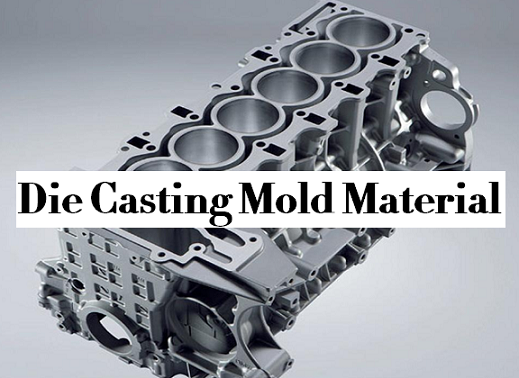What Does Stahl Specialty Company Do?
Table of ContentsStahl Specialty Company - TruthsFacts About Stahl Specialty Company RevealedThings about Stahl Specialty CompanyStahl Specialty Company - The FactsThe 20-Second Trick For Stahl Specialty Company
The subtle difference depends on the chemical web content. Chemical Contrast of Cast Aluminum Alloys Silicon advertises castability by lowering the alloy's melting temperature level and improving fluidity throughout spreading. It plays a critical role in enabling elaborate mold and mildews to be loaded properly. Furthermore, silicon contributes to the alloy's strength and wear resistance, making it valuable in applications where resilience is crucial, such as automotive parts and engine elements.It also improves the machinability of the alloy, making it easier to refine into ended up items. In this method, iron contributes to the total workability of light weight aluminum alloys.
Manganese adds to the strength of aluminum alloys and improves workability. Magnesium is a light-weight element that supplies toughness and impact resistance to light weight aluminum alloys.
Zinc boosts the castability of aluminum alloys and helps control the solidification process during casting. It improves the alloy's toughness and firmness.
Not known Facts About Stahl Specialty Company
Since aluminum-silicon alloys have good spreading residential or commercial properties, high gas properties, simple processes, and superb rust resistance, aluminum-silicon alloys are most frequently utilized in the die-casting sector in your home and abroad. At the same time, aluminum-silicon alloys are likewise relatively early and widely identified alloys developed and utilized in die-casting. After constant research study and renovation, a lot of the present global mainstream aluminum-silicon alloys have been settled and are absolutely nothing greater than A356, A360, A380, ADC12, B390, and A413.
The primary thermal conductivity, tensile toughness, yield strength, and prolongation differ. Amongst the above alloys, A356 has the greatest thermal conductivity, and A380 and ADC12 have the least expensive.

A Biased View of Stahl Specialty Company
In precision casting, 6063 is appropriate for applications where intricate geometries and high-grade surface area coatings are critical. Examples consist of telecommunication enclosures, where the alloy's premium formability permits sleek and cosmetically pleasing designs while maintaining structural integrity. Likewise, in the Lights Solutions sector, precision-cast 6063 elements produce sophisticated and reliable illumination components that need complex shapes and great thermal performance.
(https://www.tumblr.com/stahlspecialc/769670851421421568/stahl-specialty-company-is-one-of-the-largest?source=share)
The A360 displays superior elongation, making it optimal for facility and thin-walled elements. In accuracy spreading applications, A360 is appropriate for sectors such as Customer Electronics, Telecommunication, and Power Tools.

In precision casting, you can try these out light weight aluminum 413 beams in the Customer Electronic Devices and Power Equipment markets. This alloy's premium corrosion resistance makes it a superb choice for exterior applications, ensuring lasting, long lasting items in the discussed industries.
The Single Strategy To Use For Stahl Specialty Company
The aluminum alloy you pick will significantly affect both the spreading process and the residential or commercial properties of the final item. Because of this, you must make your decision thoroughly and take an enlightened strategy.
Figuring out the most suitable aluminum alloy for your application will suggest weighing a vast variety of features. The first group addresses alloy features that affect the production process.
The alloy you select for die casting straight affects numerous elements of the casting process, like exactly how simple the alloy is to collaborate with and if it is vulnerable to casting flaws. Warm fracturing, also called solidification splitting, is a typical die casting flaw for aluminum alloys that can result in interior or surface-level splits or splits.
Stahl Specialty Company Fundamentals Explained
Particular aluminum alloys are more vulnerable to warm fracturing than others, and your choice must consider this. An additional common issue found in the die spreading of light weight aluminum is die soldering, which is when the cast sticks to the die wall surfaces and makes ejection hard. It can harm both the actors and the die, so you must look for alloys with high anti-soldering buildings.
Corrosion resistance, which is currently a notable characteristic of aluminum, can differ significantly from alloy to alloy and is a necessary characteristic to take into consideration relying on the ecological conditions your product will be exposed to. Put on resistance is an additional property generally sought in light weight aluminum products and can separate some alloys.